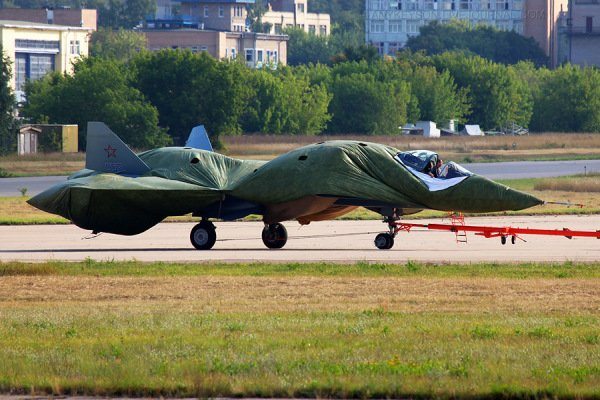NATO on Sunday approved more than 20 joint projects designed to share the costs of weapons and equipment at a time when member states face shrinking defense budgets.
Here are the highlights of the alliance’s “smart defense” initiative presented at the NATO summit in Chicago:
ROBOTS FOR ROUTE CLEARING
Led by Italy, a group of NATO members will fund remotely-controlled robots used to clear roads of homemade bombs or mines. The effort will take advantage of NATO’s experience in Afghanistan, where allied troops have suffered heavy casualties from roadside bombs, officials said.
MARITIME AIRCRAFT
Germany is leading this effort that aims to create a pool of maritime patrol planes from a number of nations. Upon request, NATO members could have access to the patrol aircraft.
JOINT SUPPLY OF MUNITIIONS
With the air war in Libya exposing a shortage of munitions, Denmark is overseeing a project to create joint management of munitions, including costly precision-guided bombs. Countries taking part could jointly buy munitions and store the bombs in a single warehouse, sharing the costs of maintenance, officials said. Each government would be able to draw on the stockpile, based on the level of their contribution.
AVIATION TRAINING CENTER
NATO plans to provide training to helicopter pilots and ground crews. The training will focus on preparing crews for alliance operations and for advisory missions instructing Afghan security forces.
MAINTENANCE OF ARMORED VEHICLES
The project, overseen by the United States, is designed to save costs for NATO members by organizing the maintenance of mine-resistant armored vehicles used heavily in Afghanistan.
Other “smart defense” projects focus on sharing medical facilities, jointly managing the handling of fuel and improving cooperation in the use of surveillance aircraft with joint training for intelligence specialists.
NATO has also launched several other cooperative intiatives including air defense patrols for Baltic countries and the planned purchase of five high-altitude Global Hawk surveillance drones, that will be operated by NATO on behalf of all 28 allies. The main base for the Global Hawks will be at Italy’s Sigonella Air Base.











